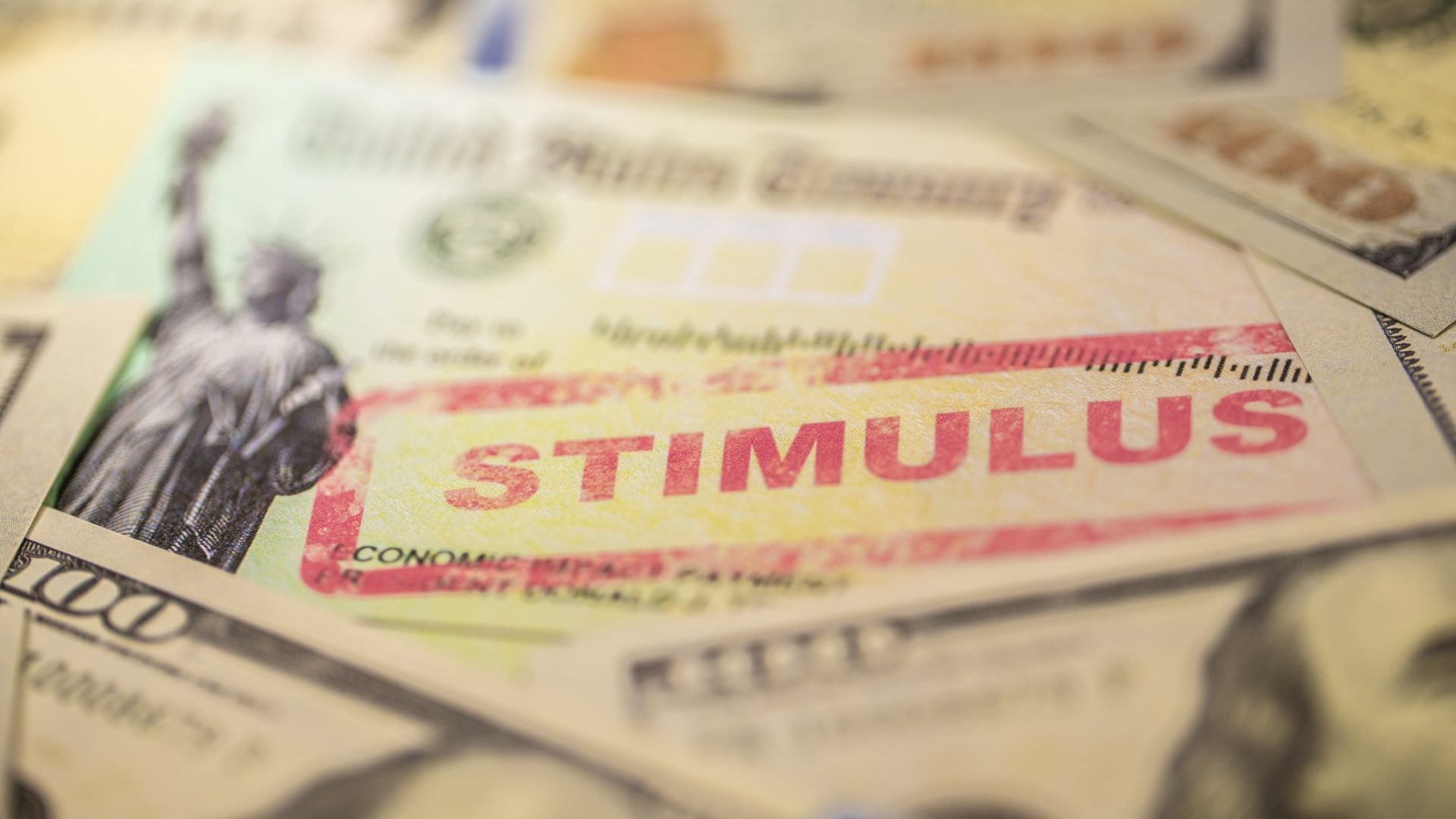
While President Donald Trump continues to defend tariffs as the best way to reduce U.S. trade deficits, many economists fear that the tariffs will mainly serve to push consumer prices higher.
To help ease that problem, some lawmakers have proposed sending out stimulus payments similar to those distributed during the COVID-19 pandemic. One such proposal, recently introduced by U.S. Sen. Josh Hawley (R-Missouri), would provide $600 “tariff checks” to eligible Americans.
Explore More: I Asked ChatGPT What the Point of Trump’s Tariffs Are — Here’s What It Said
Consider This: 6 Popular SUVs That Aren't Worth the Cost -- and 6 Affordable Alternatives
The question is how effectively a tariff check would offset tariff-related inflation. Keep reading to learn the truth about the tariff checks, according to Jaspreet Singh and other money experts.
Where Will the Money Come From?
Hawley’s American Worker Rebate Act (AWRA) aims to return certain tariff revenue to U.S. households as a way of providing financial relief, according to an analysis from the Tax Foundation.
If passed, the rebate would provide $600 to eligible Americans, or $2,400 for a family of four. Those benefits would be reduced by 5% for joint filers with an adjusted gross income above $150,000 or single filers earning more than $75,000, Singh said in a YouTube video titled “The TRUTH About Trump’s $600 Tariff Checks For Americans.”
Be Aware: Mark Cuban — Trump’s Tariffs Will Affect This Class of People the Most
The idea is similar to stimulus checks sent during COVID, which aimed to help American families navigate the pandemic’s economic fallout.
The problem, according to Singh, is that stimulus checks in just about any form could have long-term repercussions that might eventually cost Americans more than they received in benefits.
“If you follow the trail of money for the stimulus checks in 2020 and 2021, it started with the Federal Reserve Bank turning on their money printer and lending trillions of dollars to the United States government,” Singh said.
‘A Number of Problems’
As Singh noted, the Fed’s decision to help pay for stimulus checks also pushed the national debt higher.
“This made people happy in the short term because now you got some more money to spend,” he said. “But then it created a number of problems. Problem number one was, of course, inflation. We saw in 2021, inflation started to go up. In 2022, inflation was a problem [and in] 2023 inflation was a problem. [In] 2024, the inflation problem started to cool down.”
But even in 2025, “we’re still talking about inflation,” Singh added.
“Things got more expensive because when you print more money without creating more wealth, that dilutes the value of each individual dollar. So you had more buying power when you got that money, but then each dollar that you had in your savings and every dollar that you got from your salary could not buy you as much.”
Inflation Impact
Trump’s tariffs have “undoubtedly raised costs” for both U.S. companies and consumers, according to the Tax Foundation. It called tariffs “a poor way to raise revenue generally,” and suggested that any revenue collected should be used for deficit reduction rather than stimulus rebates.
According to a separate analysis from the Yale University Budget Lab, consumers currently face an overall average effective tariff rate of 18.6% — the highest since 1933.
The Budget Lab further estimates that Trump’s tariffs could cost households $2,400 in 2025 alone. What this essentially means is that even if Hawley’s bill passes, families with a $2,400 rebate would still only break even.
Editor’s note on political coverage: GOBankingRates is nonpartisan and strives to cover all aspects of the economy objectively and present balanced reports on politically focused finance stories. You can find more coverage of this topic on GOBankingRates.com.
More From GOBankingRates
- 6 Costco Products That Have the Most Customer Complaints
- 5 Ways Trump Signing the GENIUS Act Could Impact Retirees
- 4 Housing Markets That Have Plummeted in Value Over the Past 5 Years
- 4 Affordable Car Brands You Won't Regret Buying in 2025
This article originally appeared on GOBankingRates.com: Here’s the Truth About the $600 Tariff Checks, According to One Money Expert







